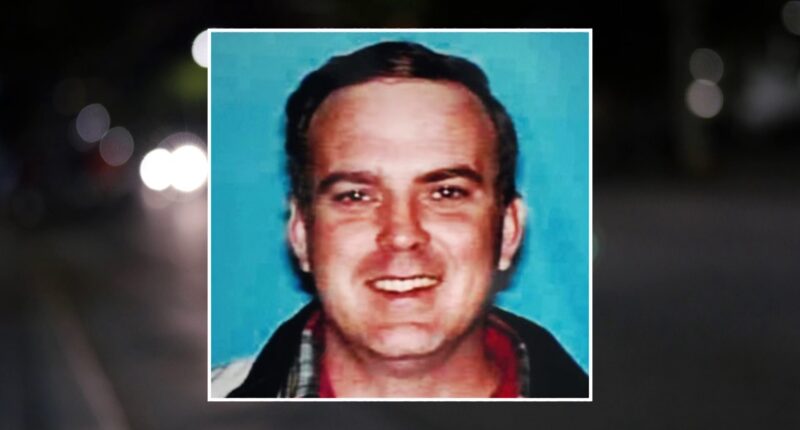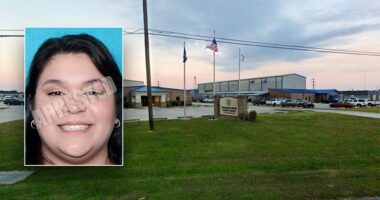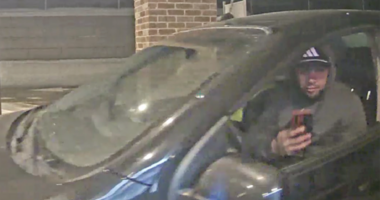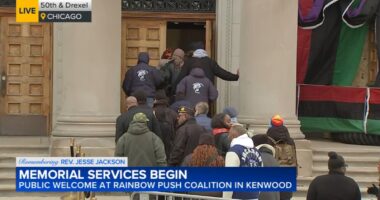Share this @internewscast.com
In October 2001, Chante Mallard struck Gregory Biggs with her vehicle, drove home with him embedded in her windshield, and tragically failed to call emergency services, leading to his death.
FORT WORTH, Texas — The case of Chante Mallard is etched in my memory as a chilling tale that gripped the nation, not just because of the accident itself but due to the shocking events that unfolded afterward.
“The incident involving Chante Mallard gained widespread attention owing to the heartless manner in which it transpired,” remarked Miles Brisette, a former prosecutor.
On that fateful night in October 2001, Mallard was returning from a bar in Fort Worth when she collided with Gregory Biggs, a 37-year-old pedestrian. The force of the collision sent Biggs crashing into her windshield.
“In essence, a simple tourniquet could likely have saved Mr. Biggs’s life,” Brisette noted.
However, instead of seeking help, Mallard bypassed a fire station and drove home, leaving Biggs alive but trapped in her vehicle.
“She drove home, put the car in the garage, shut the door, and then went inside, let Mr. Biggs expire inside the vehicle,” Brisette said.
At trial, prosecutors told jurors Biggs could have survived.
“Greg Biggs, at the age of 37 and in good health, should still be alive… when Ms. Mallard transported Greg Biggs home in her car, seriously wounded and bleeding, and shut the door to the garage, she guaranteed his death.”

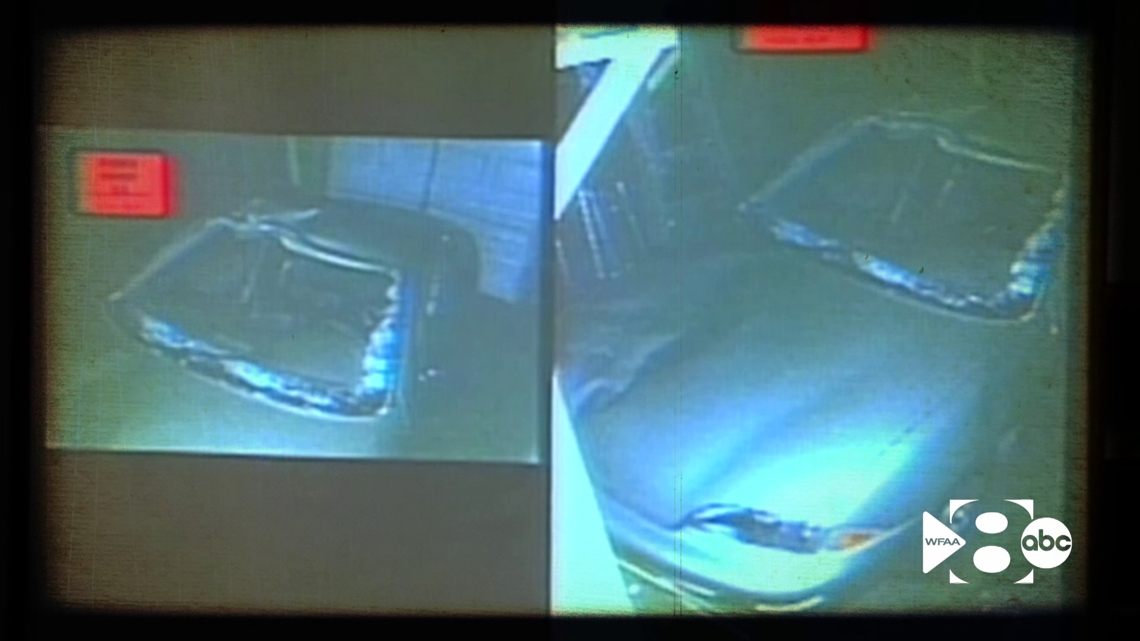
The defense argued Mallard was impaired, terrified and confused.
“She was in an altered state, her mind was challenged with alcohol, marijuana and the drug ecstasy,” the defense said.
Testimony revealed Biggs was conscious — he even moaned and spoke to her.
“Yes, the first time I heard him, he moaned… and by this time were his legs all the way in the car? Yes,” Mallard said on the stand.
“She had a conversation with him and talked to him and said she was sorry, and that came out during the trial,” another witness testified.
Mallard admitted she was scared and crying, asking God what to do.
“I was scared and I didn’t know what to do, so I was asking God to tell me what to do. I didn’t know what to do, and I was scared and I was crying,” she testified.
A witness later told jurors Mallard called her for help that night.
“I told her she needed to do something; she needs to dial 911… I was hysterical at that particular point because initially didn’t think there was a body in the car until I saw it.”
Investigators later found Biggs’ fingerprints inside the car — proof he had tried to pull himself out.
“When you took the passenger side door apart… there was a perfect set of fingerprints on the inside of the map pocket… they were prints in his blood,” Brisette said.
Mallard never called for help. Instead, she and her friends later dumped Biggs’ body in Cobb Park. For months, no one knew what happened until Mallard bragged about it at a party.
“She ended up telling some folks what happened. There’s 100 ways for a defendant to mess up a perfect crime, and in this case, one of those was her talking to her friends about it,” Brisette said.
Jurors also heard from the victim’s family.
“I would say he was hardworking, was very friendly, although he didn’t have very many friends, he was friendly and very, very loving,” Biggs’ son said.
The case drew national attention, especially when jurors learned Mallard returned to the same bar just days later.
“We found her on the videotapes back at the club a week later. During punishment, the jury thought that was something that needed to be talked about,” a prosecutor said.
Mallard took the stand, apologizing for what she had done.
“I have ruined the lives of other people. I have ruined my family’s life. I have put people through pain and I am so truly sorry,” she said.

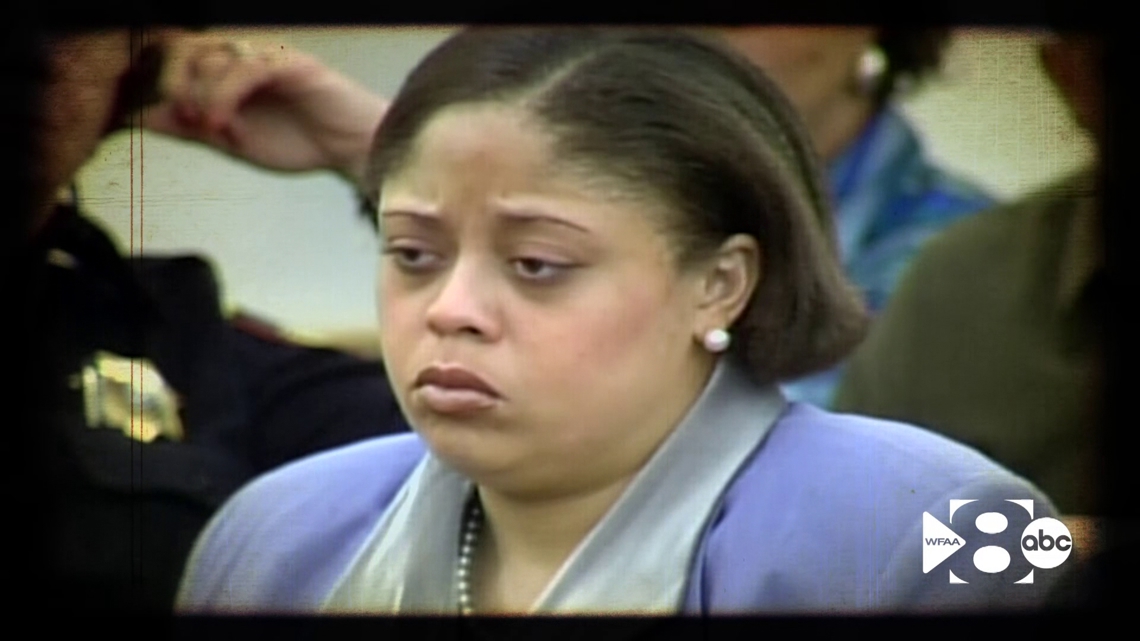
But it wasn’t enough. The jury found Mallard guilty of murder and sentenced her to 50 years in prison.
In an emotional moment, Biggs’ family offered forgiveness.
“The past 15 months have been filled with sadness and anxiety and grief, but today the healing process begins, and finally we would like to offer our forgiveness to Chante Mallard and our sympathy to the Mallard family.”
For prosecutors, it was about accountability and about a chance that was never given to Gregory Biggs.
“In my opinion, there’s not a person on the Fort Worth Fire Dept. that could not have saved Mr. Biggs’ life with basic life support care,” a fire captain said.
Today, Mallard remains behind bars. For the family of Gregory Biggs, the pain never goes away.
It’s a reminder of how one decision — to stop and help or not — can mean the difference between life and death.
